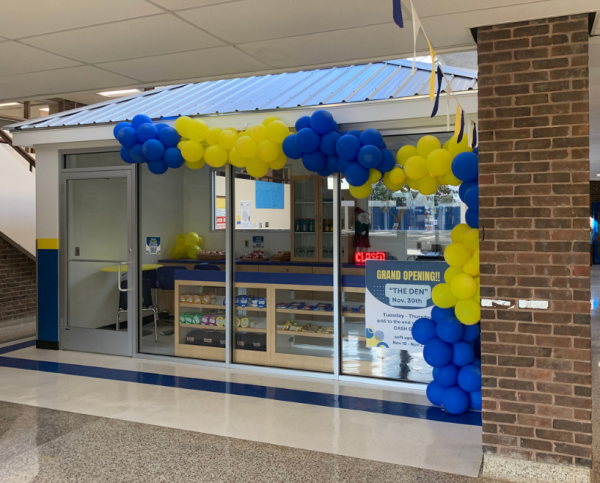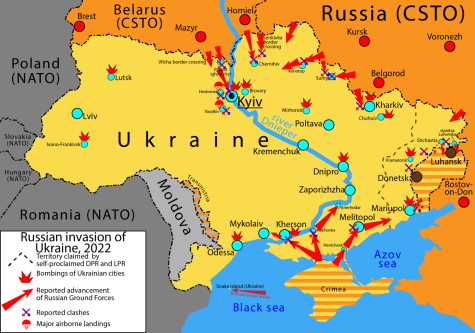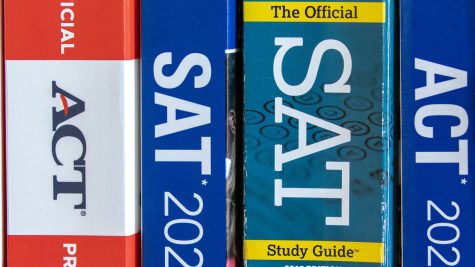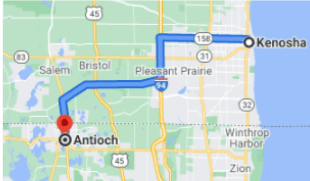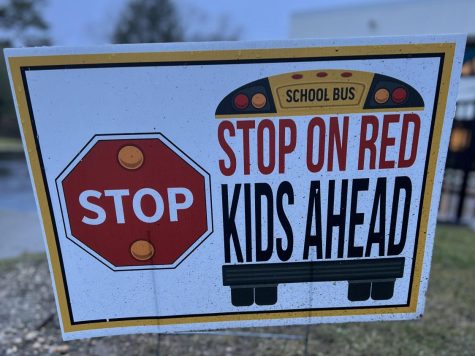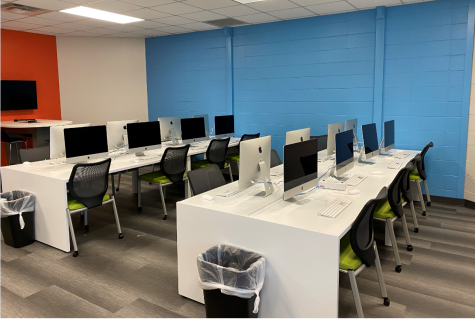Soiless Crops Preserve Resources
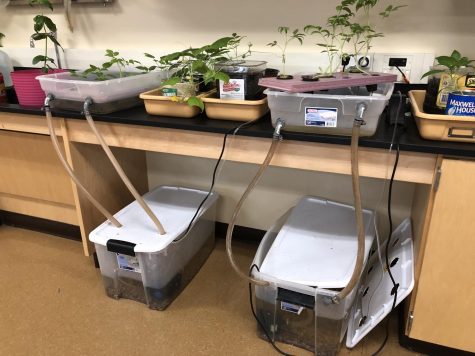
Sustainability. The course was created to educate students on sustainability and agronomy.
Agronomy is the science of soil management and crop production. Humans depend on food as the source of energy. Food production affects everyone, and it’s crucial to find a way to feed 7.5 billion humans in a sustainable manner. This means humans need to produce food in a way that does not harm the environment. Humans must preserve soil and other natural resources, such as water and air, for future generations.
“We as people are living longer and have a loss of open space. Sustainability is a topic that is gaining a lot of popularity to learn how to deal with these issues. We still discuss sustainability on a global level, but we’re focusing more on Long Island because even on Long Island we have a tremendous population, and we are losing open space. How do we grow our food? Where will our people live? How do we deal with loss of natural resources and pollution? So we are always researching alternative methods of food production and energy sources,” Mr. Nohejl said.
Mr. Nohejl also weighed in on why he wanted to start this class.
“Before I was a teacher, when I was a kid, I grew up in a farming family. My dad and grandfather were farmers, so that was a big part of my upbringing. When farming wasn’t really an option for me anymore, I wanted to be able to hold on to those connections and share them with students.”
Students taking the course have completed hands-on work. “They worked in teams to build aquaponic tanks. Aquaponics is the science of growing plants without soil,” Mr. Nohejl said. Two tanks are located in classroom S126.
Fish tanks with fish are connected to pipes or trays with plants in them. The tanks are connected by tubes that pump the fish waste into the tank with plants. The nitrogen and ammonia (which breaks down into nitrate) that come from the fish tank provides nutrients for the plants and helps them grow.
What makes this practice efficient, according to Mr. Nohejl, is that it provides a way to plant food without using soil.
“Anyone can do this. In their basement, kitchen, anywhere you have a fish tank. Ten years ago no one was really talking about it, but nowadays it’s gaining a lot of popularity. You are talking fewer resources and less energy. Often no pesticides or chemicals are needed because you control the environment the plants grow in. On a farm, you can’t control it; you can get bugs, disease, and fungus,” Mr. Nohejl said.
There is also a system called hydroponics. The difference between this and aquaponics is that there are no fish involved. Instead of the fish giving off nitrogen, a person will add nitrogen into a tank filled with water. There is a hydroponic system set up in the classroom as well.
“Believe it or not, growing aquaponics and hydroponics are actually a lot faster [than using soil for growing plants],” Mr. Nohejl explained. “If we see that the nitrogen level in water isn’t high enough, we will feed the fish a little extra so that they poop more and then produce more. We control the fish and then the fish control the plants.”
SWR was selected among many other schools to receive a New York State grant of $6,750.
“We bought twelve vertical grow towers. They are hydroponic towers. There’s a tank of water and a pump that pumps the water up which cascades into spots where you can put the plant. Each tower grows about 28 plants. We will have them all around the school and in different classrooms,” Mr. Nohejl said.
Some of these towers have already been placed in Mr. Ed Storck’s room as well as the RISE room in C Wing.
A few students from the class will be selected to represent the district at the 2019 New York State Future Farmers of America Convention in Syracuse.
“The Future Farmers of America is an old organization that was established 100 years ago for young students to learn all about aspects of agriculture in school so that when they graduated they could be farmers. The agriculture industry has changed quite a bit, and the Future Farmers of America is not very popular in Long Island anymore. It’s my goal to establish
a chapter here. It opens up opportunities, and it is more than just farming. It goes into agricultural business, research development, and scientific engineering design,” Mr. Nohejl said.
“I think it’s partially because most students around the country don’t fully understand the depth of what agriculture is. It’s so much more than just a farmer driving a tractor.”
Republished from Shoreham-Wading River’s print newspaper, The Wildcat Pause (April 2019 Issue).

